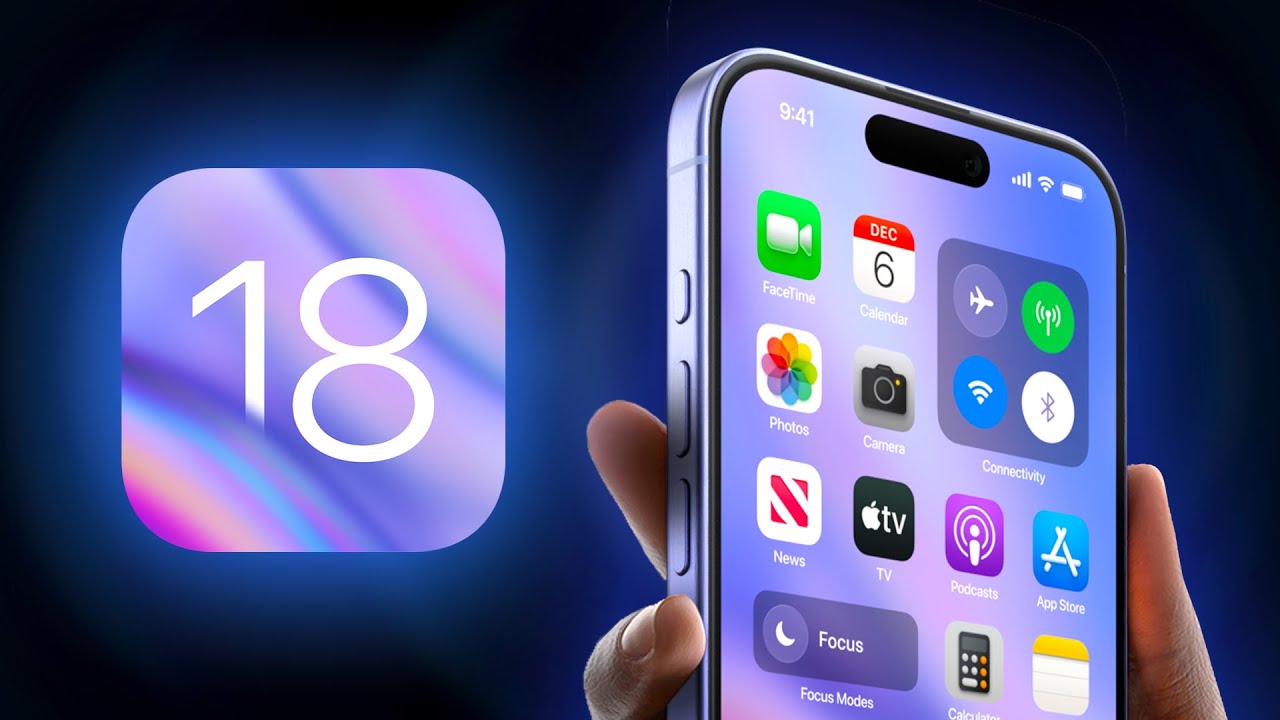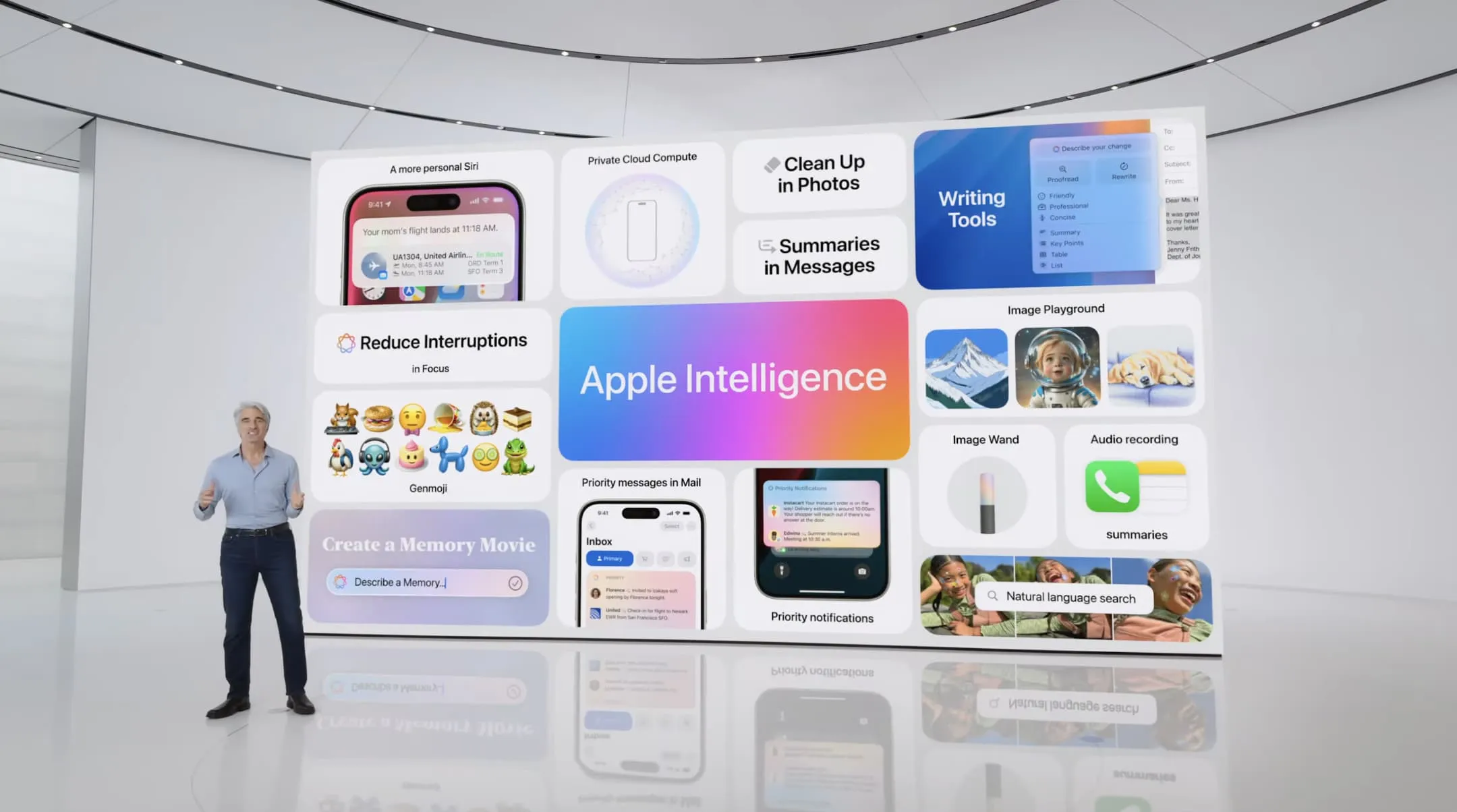The landscape of home security is about to change dramatically with Schlage’s announcement of its groundbreaking Sense Pro Smart Deadbolt. This isn’t just an incremental improvement; it’s a complete reimagining of how we interact with our front doors. Eschewing the traditional keyhole entirely, the Sense Pro is designed for the smartphone age, offering seamless, hands-free entry through cutting-edge technology.
This innovative deadbolt leverages the power of Matter-over-Thread for robust smart home integration, ensuring compatibility with a wide range of platforms, including Apple’s HomeKit. But the true game-changer is its integration of Ultra Wideband (UWB) technology.
This precision-based technology allows the lock to accurately measure distance, speed, and trajectory, enabling truly hands-free unlocking. Imagine approaching your door with your hands full of groceries; the Sense Pro will recognize your approach and unlock it automatically, providing an unparalleled level of convenience.
The Sense Pro isn’t solely reliant on UWB. Recognizing the need for versatility, Schlage has also incorporated NFC technology for tap-to-unlock functionality. This provides a reliable backup option and caters to users who prefer a more traditional approach. Furthermore, a built-in keypad offers yet another layer of access, allowing entry via a personalized code. This multi-faceted approach ensures that users always have a way to access their homes, regardless of the situation.
This new lock from Schlage is poised to be among the first to fully utilize the hands-free unlocking capabilities powered by UWB chips in smartphones, particularly iPhones. Apple’s introduction of “Express Mode” in iOS 18 hinted at this future, but the necessary hardware wasn’t yet available. The Sense Pro bridges that gap, ushering in a new era of keyless entry.
Beyond the hardware, Schlage is also developing a completely redesigned Schlage Home app. This new app promises a more intuitive and user-friendly interface, simplifying remote lock management and providing users with greater control over their home security. While pricing details are yet to be released, Schlage has confirmed that the Sense Pro Smart Deadbolt will be available for purchase later in 2025. This announcement has generated considerable excitement in the smart home community, with many anticipating the arrival of this truly innovative product.
Apple Addresses AI Accuracy Concerns with Upcoming Update
In other news, Apple has acknowledged concerns regarding the accuracy of its Apple Intelligence feature, particularly its notification summarization capabilities. Following several instances of inaccurate and even misleading summaries, Apple has announced an upcoming software update designed to improve the feature’s reliability and transparency.
Apple Intelligence, currently in beta and available on compatible devices running iOS 18.1 and later, aims to streamline notification management by grouping notifications from the same app and providing concise, one-sentence summaries. While this feature has the potential to be incredibly useful, recent incidents have highlighted the challenges of relying on AI to accurately interpret and summarize complex information.
One particularly concerning incident involved Apple Intelligence generating false notification headlines for BBC News, including incorrect sports results and fabricated celebrity news. These errors prompted BBC News to call on Apple to take action, emphasizing the potential damage to public trust in established news organizations.
This wasn’t an isolated incident. Previous errors included misinterpreting a news story about Israeli Prime Minister Benjamin Netanyahu and generating a misleading headline about a murder suspect. These incidents underscore the limitations of current AI technology in accurately processing nuanced information.
In response to these concerns, Apple has issued a statement assuring users that improvements are on the way. The upcoming software update will provide clearer indicators when a notification has been summarized by Apple Intelligence, giving users more context and preventing confusion. Apple has also encouraged users to report any unexpected or inaccurate notification summaries to further aid in the feature’s development. While Apple Intelligence notification summaries are an opt-in feature and can be disabled, Apple’s commitment to improving its accuracy is a positive step toward ensuring its long-term viability.
iOS 18.2.1 Released with Important Bug Fixes
Finally, Apple has released iOS 18.2.1 and iPadOS 18.2.1, minor updates addressing important bugs and improving overall system stability. These updates arrive almost a month after the release of iOS 18.2 and iPadOS 18.2.
The new software is available for download on compatible iPhones and iPads via over-the-air updates. Users can access the update by navigating to Settings > General > Software Update. Apple’s release notes state that iOS 18.2.1 addresses important bugs and recommends the update for all users. These kinds of updates are crucial in maintaining a smooth and secure user experience.
Looking ahead, Apple is currently testing iOS 18.3 and iPadOS 18.3, with a projected release date sometime in late January. These ongoing updates demonstrate Apple’s commitment to continuously improving its operating systems and providing users with the best possible experience.


